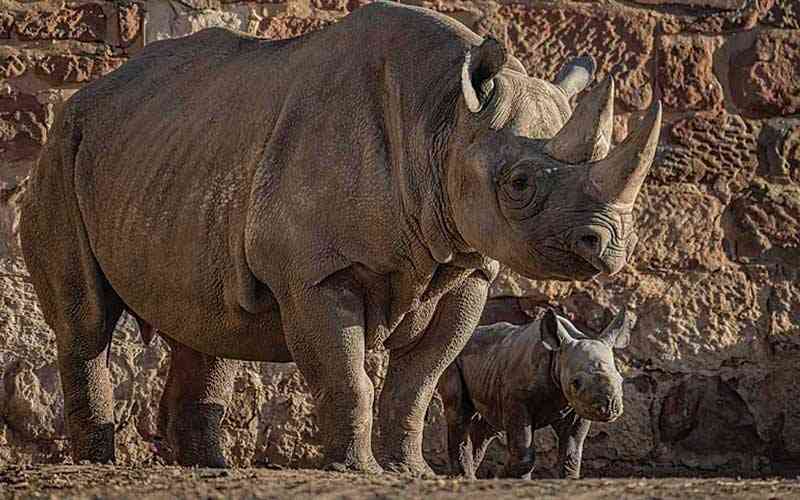
THE Zimbabwe Parks and Wildlife Management Authority (ZimParks) says the re-introduction of the black rhino and other species in Matusadona National Park will contribute to national, regional and global wildlife restoration efforts.
According to ZimParks, the endangered species will be back in 2025 a development that is set to boost the wildlife economy both in Zimbabwe and on the continent.
“Matusadona National Park holds a special place in our hearts, as it is preparing to re-introduce black rhinos by next year,” ZimParks director general Fulton Mangwanya said.
Mangwanya was addressing delegates and the Matusadona National Park community during the graduation parade of 34 rangers who went through a three-month intensive training course in wildlife conservation.
“Zimbabwe has a proud record of wildlife conservation. We have the second largest population of elephants and the fourth largest rhino population in the world. Our, rangers, have a crucial role to play to ensure the success of these programmes,” he said.
Mangwanya noted that commercial and subsistence poaching were posing a constant threat to wildlife within the park and surrounding areas adding that illegal hunting of wildlife for various purposes had devastating consequences on the delicate balance of the ecosystem.
“Additionally fish poaching in Lake Kariba further exacerbates the challenges faced by this park as they also protect part of the Lake which is a wetland of international importance under the Ramsar Convention on the Conservation of Wetlands of International Importance.
“Recently the ZimParks board and the parent ministry approved the Inshore Fisheries Management Strategy, we are already implementing and such work requires a strong and well trained ranger force.
- ‘Binga not fully marketed’
- Increased poaching in Kariba threatens fish farming
- Kariba fishing tourney breaks with tradition
- Feature: Villagers brace for another displacement. This time, It’s for coal
Keep Reading
“It is with great pride and admiration that we commend these wildlife rangers for making the right choice to become the frontline foot soldiers and champions in the wildlife conservation battlefield,” Mangwanya added.










